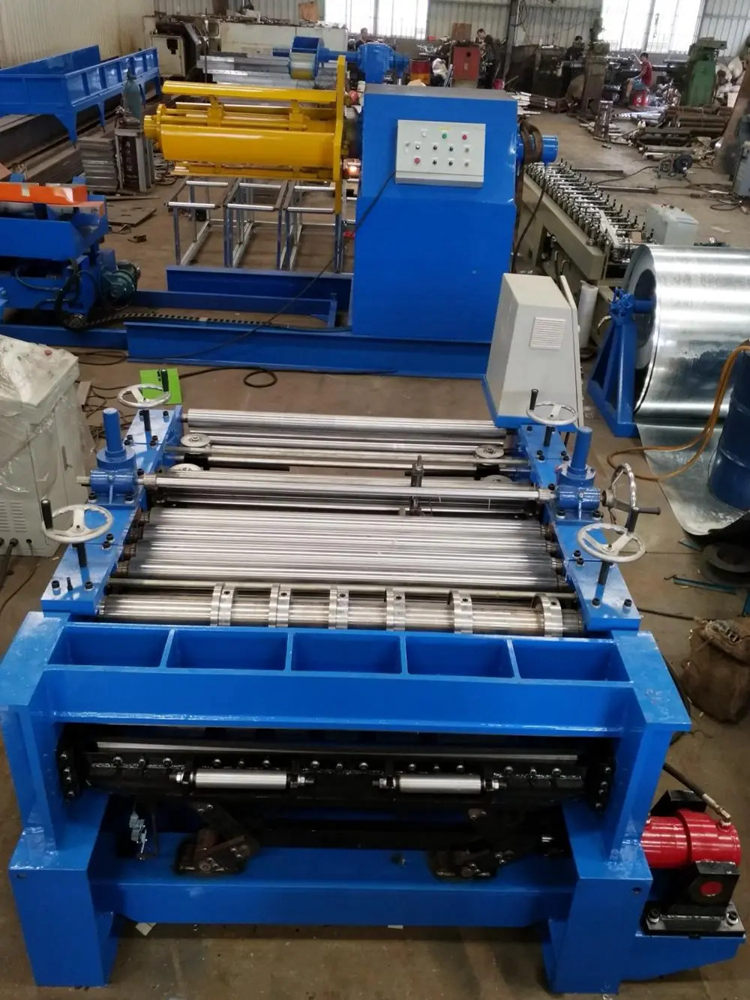
The EPS Sandwich Panel Making Machine Revolutionizing Construction
In recent years, the construction industry has witnessed a significant transformation with the introduction of various technological advancements. One such innovation is the EPS (Expanded Polystyrene) sandwich panel making machine. This machine not only streamlines the manufacturing process but also enhances the quality and efficiency of building materials. To understand the impact of this technology, it's essential to delve into the workings of the EPS sandwich panel making machine, its benefits, and its applications in modern construction.
Understanding EPS Sandwich Panels
EPS sandwich panels consist of three layers two outer layers made of steel or other materials and a core layer composed of expanded polystyrene. These panels are renowned for their excellent thermal insulation properties, lightweight nature, and durability. They are widely used in various applications, including walls, roofs, and floors in residential and commercial buildings.
The Functionality of the EPS Sandwich Panel Making Machine
The EPS sandwich panel making machine automates the production of these panels, ensuring consistency and precision. The machine employs a systematic process that includes cutting, shaping, and bonding materials together. Initially, the EPS foam is molded into the desired thickness. Following this, it is coated with adhesive, and the outer steel sheets are added. The panels are then pressed and cured to achieve optimal bonding and structural integrity.
The entire manufacturing process is designed to be efficient. Operations that once required extensive manual labor are now completed quickly and with minimal human intervention. This automation not only reduces production costs but also minimizes risks associated with human errors, leading to a higher quality product.
Advantages of Using EPS Sandwich Panel Making Machines

1. Energy Efficiency One of the most notable benefits of EPS sandwich panels is their thermal insulation capabilities. Buildings constructed with these panels can significantly reduce energy consumption, leading to lower heating and cooling costs.
2. Speed of Construction The lightweight design of EPS panels allows for quicker transportation and installation, reducing overall construction time. This rapid assembly process is especially beneficial for large-scale projects where time is of the essence.
3. Cost-Effectiveness Due to the reduced labor requirements and the minimal waste generated during the manufacturing process, EPS sandwich panel making machines contribute to lower production costs. In turn, this cost efficiency can translate to savings for construction companies and clients alike.
4. Versatility EPS sandwich panels can be customized for various applications, including residential, commercial, and industrial buildings. The adaptability of the materials ensures that they meet different design and structural requirements.
5. Eco-Friendly Option With a growing focus on sustainability in construction, EPS panels offer an environmentally friendly alternative to traditional building materials. Their insulating properties contribute to energy savings, and the recycling potential of EPS further enhances their eco-credentials.
Conclusion
The EPS sandwich panel making machine is a vital tool for the modern construction industry, enabling builders to produce high-quality, energy-efficient panels with remarkable speed and precision. As the demand for sustainable and cost-effective building materials continues to rise, the role of this technology is destined to become even more significant. By integrating EPS sandwich panels into building projects, companies can not only enhance the quality of their constructions but also contribute to a more sustainable future in the industry. The EPS sandwich panel making machine is indeed revolutionizing the way we approach construction, making it faster, more efficient, and environmentally friendly.